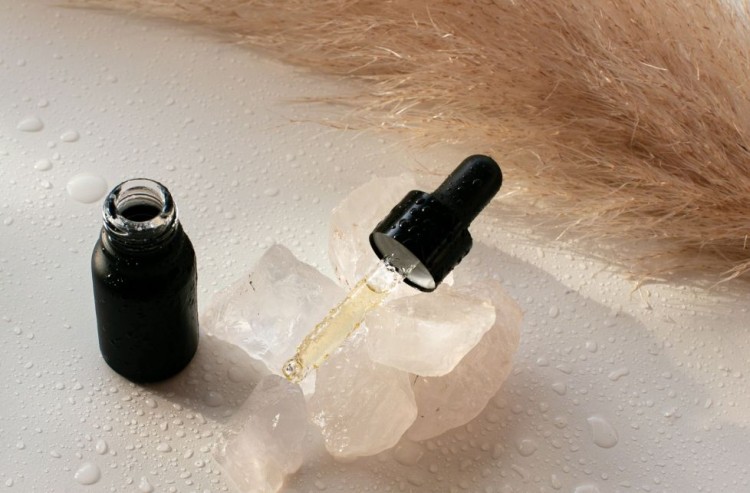
As the demand for natural products continues to grow, the essential oil manufacturing industry is evolving to meet these changing consumer preferences. Emerging trends are transforming the way essential oils are produced, making the process more efficient, sustainable, and innovative. In this post, we'll explore some of the emerging trends shaping the future of essential oil manufacturing while keeping traditional methods in mind.
Sustainability is becoming an increasingly important consideration in essential oil manufacturing, and manufacturers are implementing sustainable practices to meet consumer demand for eco-friendly products. Sustainable practices can include using renewable energy sources, optimizing water usage, reducing waste, and sourcing raw materials sustainably. By implementing sustainable practices, essential oil manufacturers can reduce their environmental impact and meet the growing demand for sustainable products.
Consumers are increasingly interested in knowing where their products come from, how they are produced, and the ingredients used. To meet this demand, essential oil manufacturers are implementing traceability and transparency measures to provide consumers with this information. These measures can include providing information about the raw materials used, and publishing information about the manufacturing process.
New extraction methods are emerging that can extract essential oils from plants more efficiently and with less waste. For example, steam distillation is a traditional method that is still widely used today. It involves using steam to extract essential oils from plants, which results in a higher yield and a more eco-friendly process. Other novel extraction methods include CO2 extraction, solvent extraction, and enfleurage.
Consumers are becoming more aware of the benefits of organic and wildcrafted essential oils, which are produced using natural, chemical-free methods. Organic essential oils are produced from plants that have been grown without synthetic pesticides or fertilizers, while wildcrafted essential oils are harvested from wild plants using sustainable methods. By producing organic and wildcrafted essential oils, manufacturers can meet the growing demand for natural, chemical-free products.
In conclusion, the essential oil manufacturing industry is evolving rapidly, with emerging trends shaping the way essential oils are produced. Sustainable practices, traceability and transparency, novel extraction methods, and organic and wildcrafted essential oils are transforming the industry, making it more efficient, sustainable, and innovative. At Venkatramna Industries, we are committed to staying at the forefront of these emerging trends, ensuring that we continue to produce high-quality essential oils using traditional methods that meet the changing needs of our customers.

|

|
Currently, there are no comment.
Login to comment